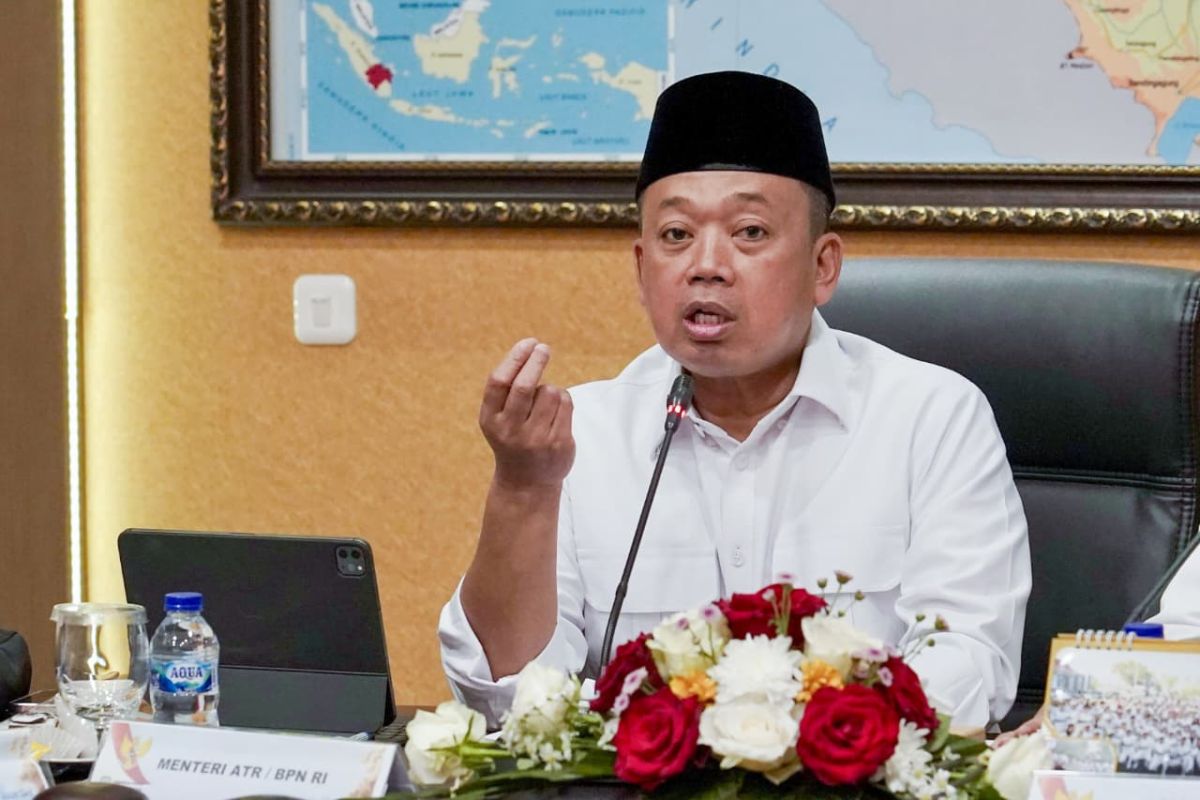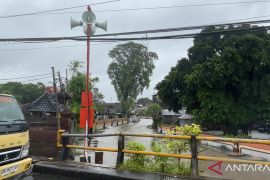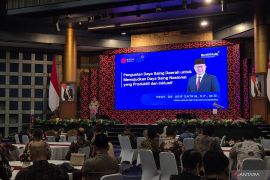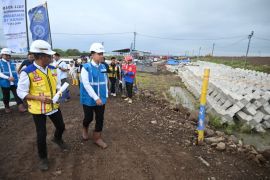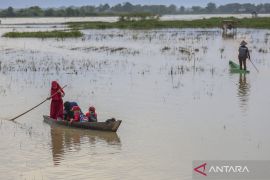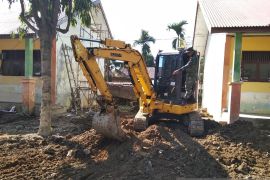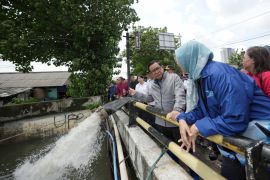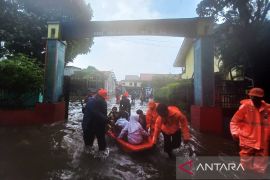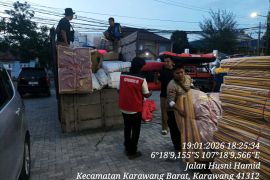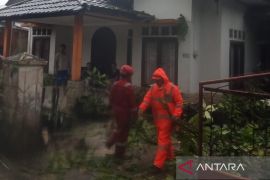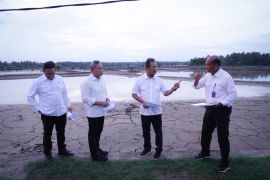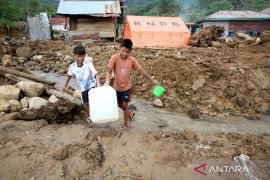Wahid said anticipatory and coordinated action among ministries and local governments is needed to reduce flood risks, particularly during the peak rainy months of January and February.
“January and February mark the rainy season. Flood-prone areas in Greater Jakarta and other key regions must regulate riverbank structures now to ensure a systemic response when floods occur,” he said in a statement on Thursday.
He stressed that riverbanks and other water borders are public assets and cannot be privately owned or certified.
“Riverbanks, lakes, reservoirs, ponds, and other water sources are under common rights, not private ownership. Certifications for these areas must be issued by government authorities at the central, provincial, or local level,” Wahid said.
Related news: Jakarta floods: Weather modification planned to reduce rainfall
The ministry plans to audit spatial planning, land certificates, and buildings along rivers and lakes to identify violations and prevent further encroachment. The audits, to be completed before early 2026, will focus on flood-prone areas in Greater Jakarta.
Wahid said the government could revoke land certificates issued for properties built on riverbanks, as these areas serve critical environmental functions.
“Riverbanks protect waterways, maintain flow, and prevent overflow. We will review how many buildings exist, then ask local governments to cancel their certificates so these areas can gradually return to their original purpose,” he said on Wednesday (October 29).
The initiative aligns with Indonesia’s broader efforts to strengthen flood prevention and spatial planning ahead of the next rainy season.
Related news: Ministry builds public kitchens for flood-hit residents in Semarang
Translator: Aji, Kenzu
Editor: Rahmad Nasution
Copyright © ANTARA 2025
